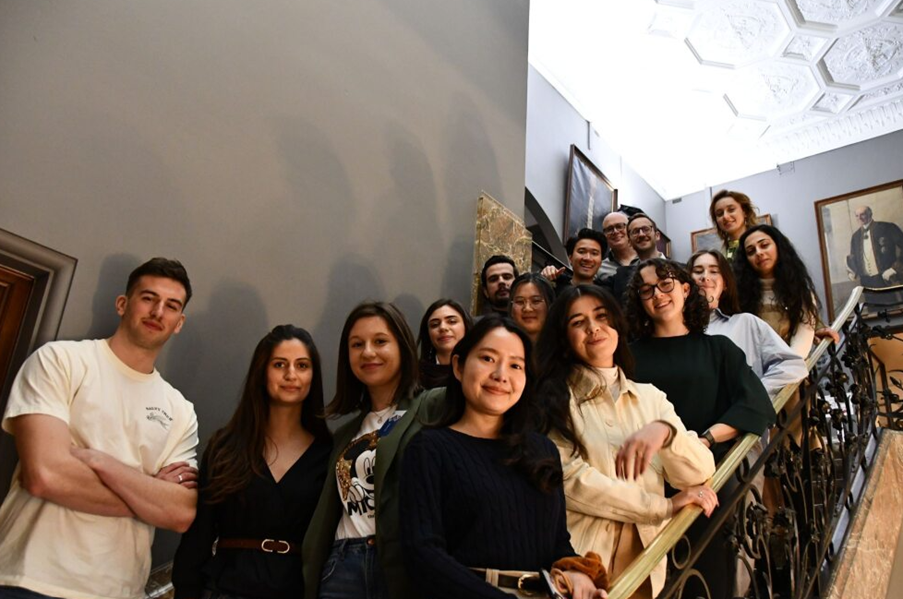by Ricardo Castellini da Silva, Media Literacy Consultant

Earlier this year, I had the privilege of creating and delivering a programme called ‘Media Literacy for Democracy Skills Training Lab’, organised by the Trans European Policy Studies Association (TEPSA) within the framework of the Horizon Europe project RECLAIM. Over five intense days in Brussels, I guided 14 participants – mostly Master’s students, graduates and young professionals – through a programme designed to enhance critical thinking, tackle disinformation and foster democratic resilience.
What made this experience truly special was the extraordinary diversity of the group. From 13 different nationalities, the participants brought with them a wealth of perspectives, professional experiences and cultural insights. This diversity deeply enriched every discussion we had. Whether we were debating the influence of algorithms or exploring the role of journalism in shaping public trust, the room was full of ideas coming from different national realities and personal stories, transforming our sessions into dynamic, meaningful conversations.
Another highlight was the emphasis on practical, hands-on activities. From day one, I wanted the programme to move beyond theory, and our practical sessions became one of the most appreciated aspects by the participants. Activities such as developing research strategies to analyse disinformation during political campaigns, or designing media literacy initiatives for specific target groups were actively embraced and produced genuinely innovative outcomes. Participants worked collaboratively, applying the theoretical frameworks discussed in lectures to real-world scenarios. Their final presentations – complete with creative formats and strategic proposals – were evidence to their hard work, critical engagement and collaborative spirit.
Moreover, the external visits and guest sessions, organised by Eva Ribera, TEPSA’s project manager, elevated the programme to another level. Meeting practitioners from the European External Action Service (EEAS), the European Federation of Journalists, and EDMO Belux gave participants first-hand insights into the real-world challenges of countering disinformation and promoting democratic values. Discussions with these external experts added layers of depth to the theoretical concepts we explored, and offered an invaluable bridge between academia, policy and practice.
The feedback was overwhelmingly positive, particularly regarding the balance between theory and practice, the interactive nature of the sessions, and the opportunities to engage with experts and institutions. Watchareeya Yodprathum, a participant from Thailand, wrote a review of the programme here. Beyond the individual skills gained, I believe the programme also fostered a shared sense of civic responsibility among participants, a recognition that media literacy is not just a personal skill, but a fundamental tool for strengthening our democracies
